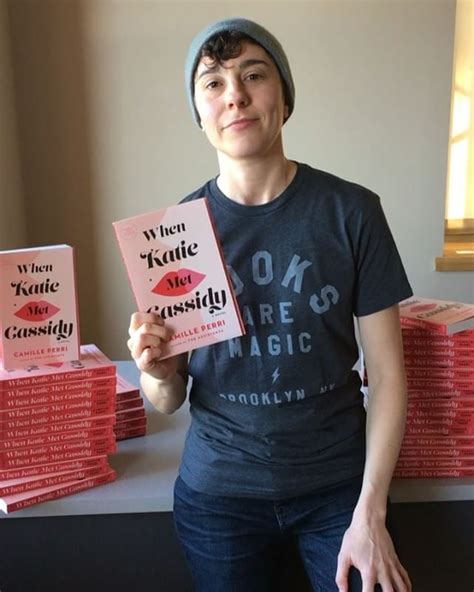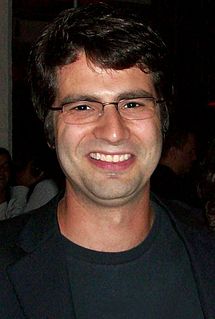A Quote by Joseph Brodsky
Whoever it was who said that to philosophize is an exercise in dying was right in more ways than one, for by writing a book, nobody gets younger.
Related Quotes
Who did you pass on the road?" the King went on, holding out his hand to the Messenger for some more hay. "Nobody," said the Messenger. "Quite right," said the King; "this young lady saw him too. So of course Nobody walks slower than you." "I do my best," the Messenger said in a sullen tone. "I'm sure nobody walks much faster than I do!" "He can't do that," said the King, "or else he'd have been here first.
The process of writing a book is infinitely more important than the book that is completed as a result of the writing, let alone the success or failure that book may have after it is written . . . the book is merely a symbol of the writing. In writing the book, I am living. I am growing. I am tapping myself. I am changing. The process is the product.
Writing for adults and writing for young people is really not that different. As a reporter, I have always tried to write as clearly and simply as possible. I like clean, unadorned writing. So writing for a younger audience was largely an exercise in making my prose even more clear and direct, and in avoiding complicated digressions.
Always, at the end of every book, there are things you will be unsatisfied with, and still more things that later on you will realize were not right. But mistakes are part of what a book is. That itchy, dissatisfied feeling at the end of a novel is useful. It's what keeps you writing and gets you writing the next one. It's what keeps you learning.
Corliss wondered what happens to a book that sits unread on a library shelf for thirty years. Can a book rightfully be called a book if it never gets read? If a tree falls in a forest and gets pulped to make paper for a book that never gets read, but there's nobody there to read it, does it make a sound?
I wish I could go back and rewrite my first book, You Bright and Risen Angels; I could do a better job. But in the meantime, nobody knows as much about my books as I do. Nobody has the right but me to say which words go into my books or get deleted or edited. When I'm dying, I'll smile, knowing I stood up for my books. If I die with more money, that wouldn't bring a smile to my face. Unless I got better drugs or more delicious-looking nurses.
It's insane to be a writer and not be a reader. When I'm writing I'm more likely to be reading four or five books at once, just in bits and pieces rather than subjecting myself to a really brilliant book and thinking, "Well what's the point of me writing anything?" I'm more likely to read a book through when I take a break from writing.
Authors have a greater right than any copyright, though it is generally unacknowledged or disregarded. They have a right to the reader's civility. There are favorable hours for reading a book, as for writing it, and to these the author has a claim. Yet many people think that when they buy a book they buy with it the right to abuse the author.
There are innumerable writing problems in an extended work. One book took a little more than six years. You, the writer, change in six years. The life around you changes. Your family changes. They grow up. They move away. The world is changing. You're also learning more about the subject. By the time you're writing the last chapters of the book, you know much more than you did when you started at the beginning.






































